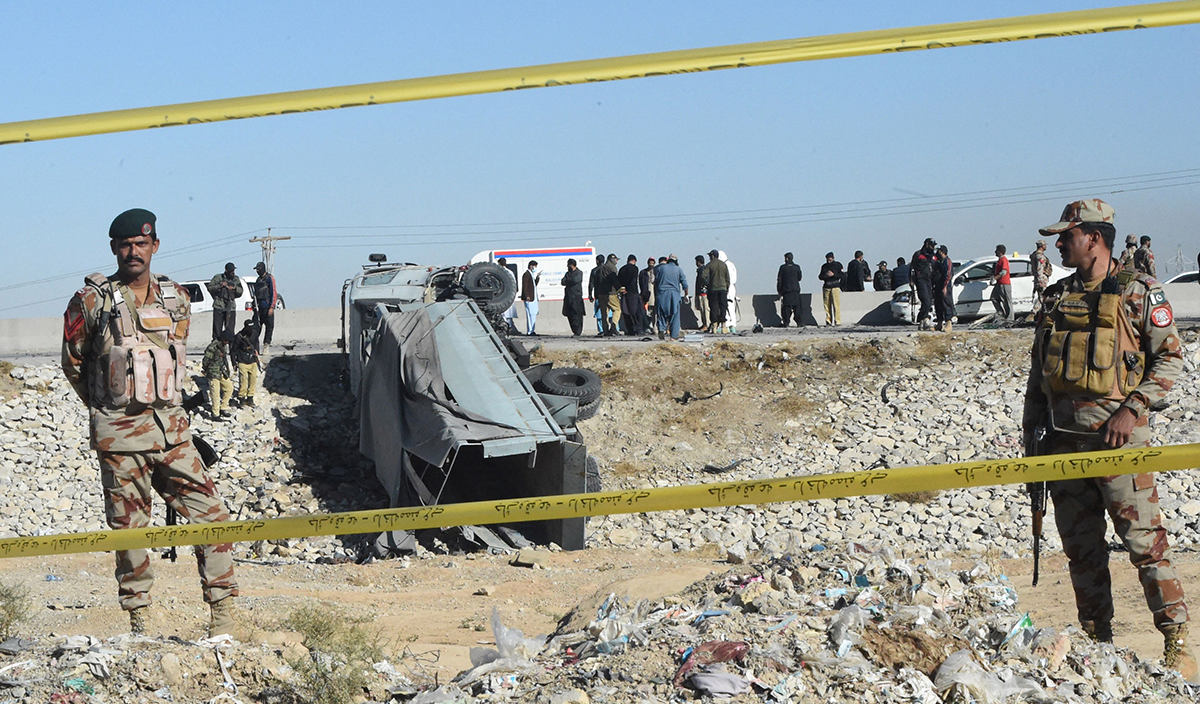
by Zafar Iqbal Yousafzai 23 September 2023
The Tehrik-i-Taliban Pakistan (TTP) has emerged as a significant factor in the complex dynamics of Pakistan-Taliban relations. As a militant group operating within Af-Pak border region, the TTP has posed unique challenges to both the Pakistani government and the Afghan Taliban. This article delves into the history, ideology, and impact of the TTP on Pakistan’s internal security, its relations with the Afghan Taliban, and the broader regional implications.
The TTP, also known as the Pakistani Taliban, was founded in 2007 following a merger of various militant factions operating in Pakistan’s tribal regions. The group sought to establish its interpretation of Islamic law in Pakistan and resist what it perceived as a pro-American government. Key figures such as Baitullah Mehsud and Hakimullah Mehsud played pivotal roles in the group’s formation and early leadership.
The TTP espouses a radical interpretation of Islam, seeking to impose Sharia law across Pakistan. Its objectives include overthrowing the Pakistani government, implementing strict Islamic governance, and resisting perceived foreign influence, particularly the United States. The group’s religious and political motivations have driven its violent campaign against the Pakistani state and security forces.
The TTP’s activities have had profound implications for Pakistan’s internal security and stability. The group has been responsible for numerous deadly attacks, suicide bombings, and kidnappings, targeting security personnel, civilians, and even schools. The socio-political fabric of Pakistan has been strained by the TTP’s violence, with a palpable climate of fear affecting daily life in affected areas.
The Pakistani government has undertaken various counterterrorism efforts to combat the TTP. These efforts have included military operations in the tribal regions, intelligence-led operations against TTP leadership, and enhanced border security. Despite these measures, the TTP has proven resilient and adaptable, posing a persistent challenge to Pakistan’s security apparatus.
Historically, Pakistan has maintained complex relations with the Afghan Taliban, often seen as a tool to secure influence in Afghanistan. However, the TTP has strained these relations due to its militant activities within Pakistan. The Afghan Taliban has expressed reluctance to target the TTP, complicating Pakistan’s efforts to eradicate the group from its territory.
The TTP has established links with various militant groups in the region, including Al-Qaeda and other extremist organizations. This has raised concerns about the group’s role in regional instability and its potential to export terrorism. Neighboring countries, particularly Afghanistan, have also been affected by the TTP’s activities, further complicating regional dynamics.
The TTP’s evolving objectives and strategies make it challenging to predict its future course. While Pakistan has made significant efforts to curb the group’s influence, it remains a persistent threat. The TTP’s presence continues to influence Pakistan-Taliban relations, potentially hindering peace efforts in Afghanistan and the broader region.
The Tehrik-i-Taliban Pakistan’s role in Pakistan-Taliban relations is complex and multifaceted. As a militant group with radical religious and political goals, the TTP has had a significant impact on Pakistan’s internal security and stability. Its activities have strained Pakistan-Taliban relations and raised concerns about regional stability. The TTP’s regional connections and links to other extremist organizations further complicate efforts to address the group’s threat. The future remains uncertain, with ongoing challenges in countering the TTP’s influence and fostering peace in the region. Continued monitoring and analysis of the TTP’s role in Pakistan-Taliban relations are essential for understanding and addressing the complex dynamics at play in this critical region.
